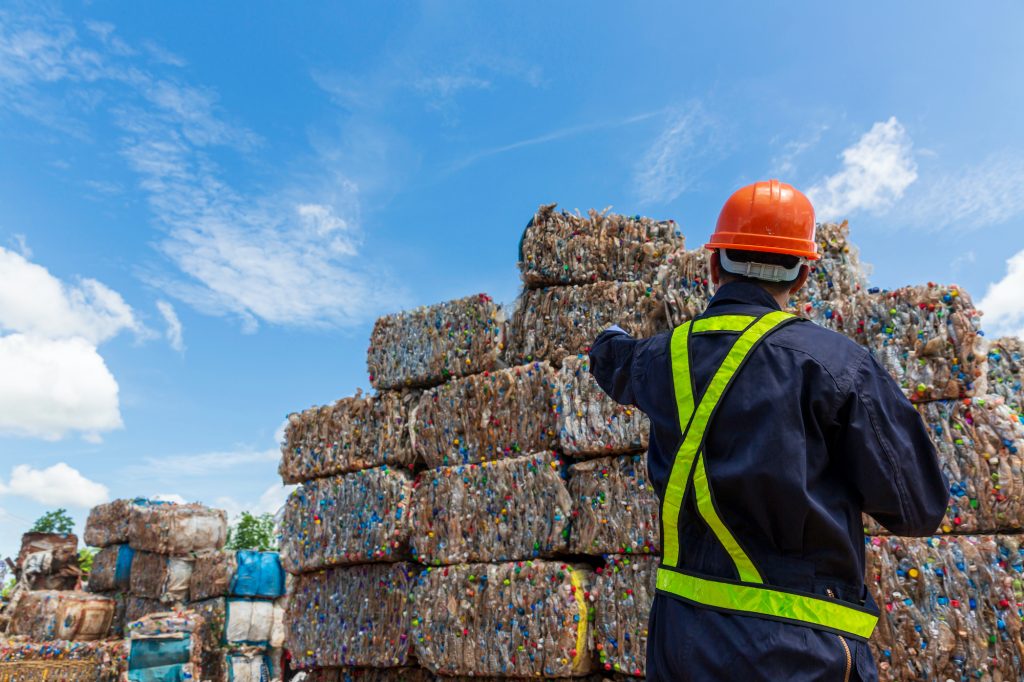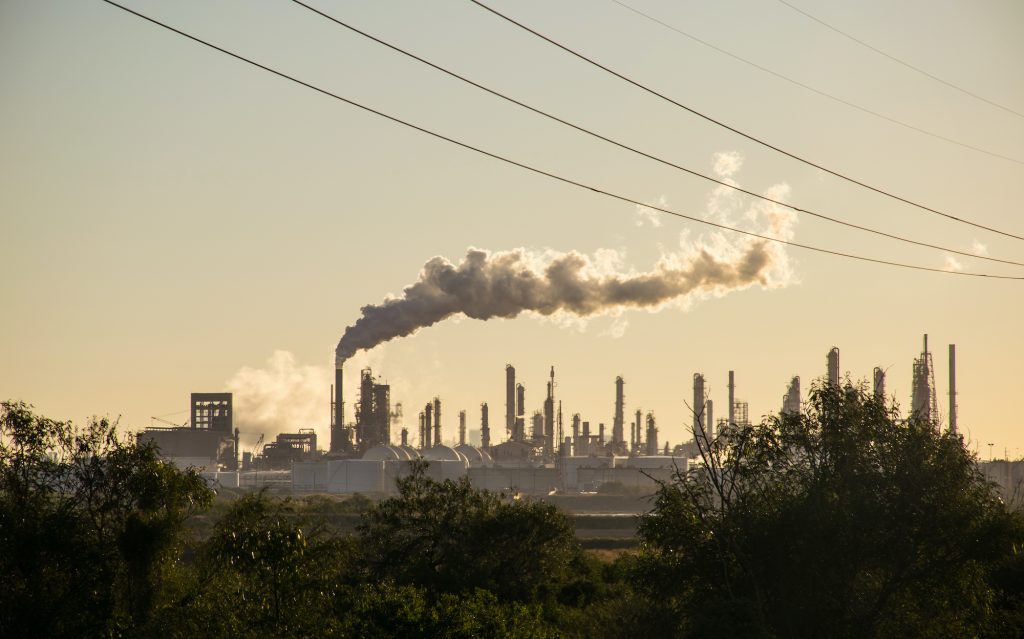14 Nov 2022
Reducing carbon emissions has become a global effort to mitigate climate change and create a better living environment. However, there remains a heavy dependence on fossil fuels and large consumption of coal and oil, especially in developing countries, worsening environmental pollution and global warming.
In a paper recently published in Environmental Chemistry Letters, researchers from Xi’an Jiaotong-Liverpool University and Queen’s University Belfast clarify the necessity of circular economy in combating climate change.
The review comprehensively analyses the implications of effective circular economy strategies for the industry, food systems, life cycle assessment, and climate change mitigation, and provides a theoretical foundation for a sustainable future by proposing cost-effective routes for a circular economy.

Circular economy and waste management
Rapid growth in economy, population, and urbanisation has led to an increasing amount of solid waste worldwide, which is traditionally disposed of through landfills, incineration, stockpiling, etc., according to Dr Pow Seng Yap, associate professor at XJTLU’s Department of Civil Engineering who’s one of the corresponding authors of the paper.
Implementing circular economy strategies is a useful tool for waste management from three perspectives: eliminating waste, recirculating materials, and regenerating ecosystems.

“It is necessary to recycle and reuse solid waste, and to reduce the growing amount of solid waste through zero-waste strategies, which means redesigning a resource’s life cycle, ensuring all products are recycled and no waste is processed by conventional disposal methods like landfills and incineration,” he says.
“Traditional waste disposal methods not only wasteland resources but also cause environmental pollution. Therefore, converting solid waste into circulating materials is beneficial for both our society and environment,” says Dr Yap.
“By applying circular economy as an approach to waste management, we can ultimately create ecosystems that maximize economic efficiency, reduce resource consumption, and reduce environmental pollution,” he says.
Circular economy and climate change
According to the review, the circular economy strategy is a means to address climate change in that it improves resource efficiency while reducing inputs and emissions.

“The circular economy can be implemented in various areas including industry, waste, energy, buildings, and transportation. For example, in industry, applying resource recovery measures and using industrial by-products can reduce carbon emissions and at the same time add value to industrial processes,” says Dr Yap.
In addition, the review reveals that circular economy strategies contribute to the improvement of air and water quality. It also lowers energy consumption, reduces the use of natural resources, as well as decreases solid and toxic waste.
Cost‑effective routes for circular economy
The review also proposes three potential circular economy paths including establishing circular economy industrial parks, promoting the recycling of bulk commodity waste, and implementing municipal solid waste utilisation system.
“An eco-industrial park can be established by concentrating the recycling, treatment, production, packaging, and marketing of waste, which is beneficial for all individual businesses in the park in terms of energy procurement, raw materials, waste treatment, and other by-products exchange,” Dr Yap explains.
They also propose that for waste generated by bulk commodities like construction waste, the quality and performance of the waste should be assessed first and the data should be uploaded to the cloud, facilitating and encouraging the trade of bulk commodity waste.
Furthermore, implementing waste sorting at the municipal level can improve waste recycling efficiency and lead to long-term benefits for sustainable development.

Their review primarily clarifies that the circular economy strategy is an effective measure to combat climate change, and provides a theoretical foundation for a sustainable future by proposing cost-effective routes for a circular economy.
The paper, Circular economy strategy for combating climate change and other environmental issues, can be accessed online here.
By Yi Qian
14 Nov 2022








